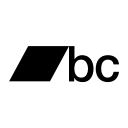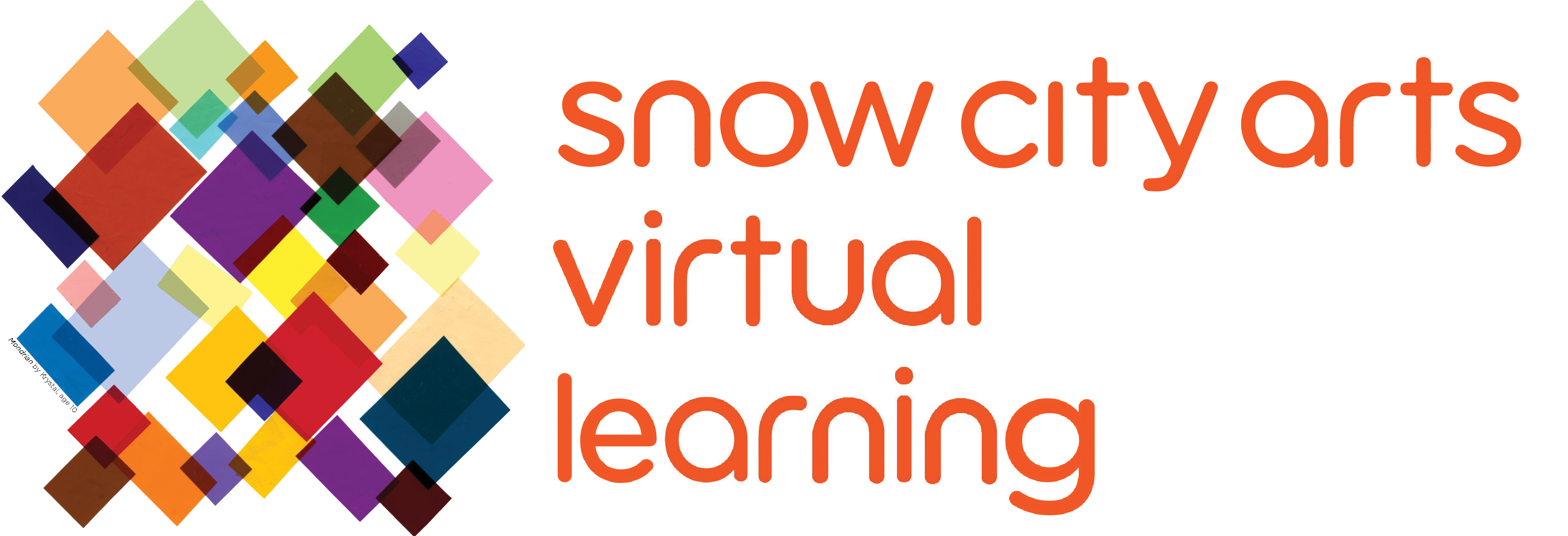Among arts organizations, Snow City Arts is uniquely affected by the COVID-19 crisis because of the nature of our work in a hospital setting. While schools across the country are closed, and many are providing virtual learning opportunities for their students, SCA’s programs are still governed by HIPAA regulations, making the implementation of virtual learning much more complicated than in a traditional educational setting. At the same time, educational engagement has never been more important for our students, who are living in the epicenter of the crisis. Snow City Arts’ expertise in and long track record of delivering inclusive, trauma-informed, anti-racist arts education through health barriers is coming to the fore as we lead the edge on adapting our standards-based programming. An investment now in our uninterrupted progress and momentum is an investment in immediate, accessible content for the thousands in Chicago who find themselves suddenly grappling with distance learning while sheltering in place.
Initial rollout of one-way instructional media on our website, is planned for mid-April with one-on-one and small remote group classes taught live for our core students in the hospital to follow in the spring. As we work to develop tools that will serve our students in a variety of ways during this unprecedented time, Snow City Arts is also looking to the future. The content, models, and methods we are developing now will enable SCA to exponentially scale our impact to a broader constituency, and we are partnering with Ingenuity, Inc. and the Chicago Public Schools Office of Diverse Learner Services and Supports in making our free, public workshops visible and easy to find.
In response to the COVID-19 pandemic, SCA is developing the following virtual learning models:
- One-way instructional media, which will be free and accessible to the general public on YouTube and SCA’s website. Materials will be closed-captioned and translated into Spanish to ensure accessibility for Spanish-speaking and deaf students. Supporting materials will be made available to students with the help of nurses and child-life specialists within partner hospitals; or by their parents and guardians at home.
- One-on-one live, interactive workshops, which will take place on HIPAA-compliant platforms to ensure student privacy. Parents or Child Life specialists will be able to use a secure online tool to schedule a workshop for a child, with materials and written guides available from hospital staff to support student learning. Implementation of this model is planned for later this spring.
- Small group live, interactive workshops on HIPAA compliant platforms. Students will gather in groups of 3-7 for a virtual lesson, facilitated by Nursing or Child Life Specialists within the hospital, with materials and written guides provided on site by hospital staff. This model is not currently compatible with COVID-19 related safety restrictions; we are hopeful that its implementation will be possible in the coming months as the crisis subsides.
 All new programs will adhere to SCA’s established Best Practices, federal and Illinois state learning standards, and HIPAA regulations. We will continue to use our comprehensive collection of tools to evaluate student progress, including LEO, our HIPAA-compliant database; our internal Assessment Rubric; and our three-tiered Theory of Change.
All new programs will adhere to SCA’s established Best Practices, federal and Illinois state learning standards, and HIPAA regulations. We will continue to use our comprehensive collection of tools to evaluate student progress, including LEO, our HIPAA-compliant database; our internal Assessment Rubric; and our three-tiered Theory of Change.
Challenges
Our partner hospitals are at the epicenter of this public health crisis, and we are continually mindful of the limited capacity of hospital staff to provide support to SCA as we make the transition to virtual learning. We are establishing processes that will make coordination with hospital staff simpler and less time consuming, and we are producing printed materials–such as postcards to be mailed in bulk to our partners–to help educate our students and their families about how to access our programs remotely when they become available. As our program delivery models develop, we will continue to provide whatever resources we can to ease the burden on hospital staff during this difficult time. *
Additionally, SCA Teaching Artists are working for the first time to develop high-quality digital content that adheres to our Best Practices, federal and Illinois state learning standards, and HIPAA regulations. Stay-at-home guidelines require that our Teaching Artists produce this material in their homes, and many of our Teaching Artists lack the production equipment necessary to do so. SCA is investing in basic home studio technology for each of our Teaching Artists to ensure consistency in production quality across our new library of content. We are also enlisting the services of a professional videographer, who was previously on staff at Snow City Arts, to assist with editing and branding.
Finally, as we embark upon this new phase of providing high-quality, standards-based arts education for hospitalized students in the digital arena, we are conscious of the need for increased cybersecurity to protect SCA employees, partner hospitals, and our students and their families. We are confident in SCA’s established cybersecurity protocols, and are upgrading our tools to ensure our stakeholders remain safe as our operations shift into the online space (the telehealth version of Zoom for example).
Long-Term Impact
For more than twenty years, SCA has delivered high-quality trauma-informed arts education in a clinical setting, and we strive daily to ensure that our programs are mindful of evolving best practices across the arts, education, and health sectors. As a nationally-recognized leader in arts and health, SCA is uniquely positioned to build digital learning tools and best practices at a model standard that can be implemented across the sector. The nature of our existing programming (pre-pandemic) is flexible within a variety of formats to meet students “where they are” with present ability, interest, and frequency of participation. Our expertise in developing adaptable, standards-based arts learning is unparalleled, and the population we serve needs us now more than ever and will need us desperately when we can return to the hospital floors. Most Pediatric units have stripped all programming like ours and are limiting visitors to Peds patients to one.
SCA is highly motivated to make our programming accessible, as the Child Life Team/Hospital Systems deem best, while scaling access for a wider public in need of quality virtual arts education too.
*In normal times, Snow City Arts Teaching Artists meet with participants in person in the privacy of a hospital room or other private space. These are not normal times, and with the stay-at-home orders and social distancing firmly in place to stem the tide of COVID-19, Snow City Arts, like the rest of the world, is using alternative methods to stay in touch with our participants. We plan to use email (Google Suite); our website; scheduling site (platform to be determined); video conference platform (Zoom); and audio-only communications via mobile phones, tablets, and laptops. Snow City Arts will communicate with parents or students 18 and older utilizing DocuSign to secure releases to which you consent related to artwork, media, and school communication. These sources have been vetted for your privacy and protection and we are aware that each have their own shortfalls. Although Snow City will do its best to ensure the privacy of these communications and interactions, as with any virtual communications, we cannot guarantee with certainty that such communications will be completely private and that inadvertent, unplanned disclosures will not occur. In the event that Snow City Arts becomes aware of a breach, Snow City Arts will reach the student/family, a referring teacher if applicable, and the affiliated hospital. By allowing your child to participate, or consenting as a participant 18 or older, in Snow City Arts’ programs and engage with this technology, you acknowledge, accept and assume this risk and do not hold Snow City Arts liable for any unintended disclosures due to the use of above.




Leave A Comment